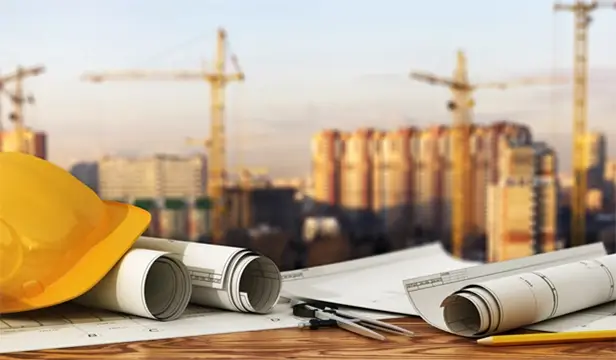In a construction dispute, there are several alternatives to litigation. Most of the standard contract forms available to the industry envision a mandatory mediation procedure which, if unsuccessful, is followed by an arbitration hearing. In addition, many of the well known providers of arbitration services, including the American Arbitration Association (AAA) and the Judicial Arbitration and Mediation Service (JAMS), offer neutral evaluative services in which the disputing parties ask a third party “neutral” to evaluate the strength of their claims based on written submissions. This process occurs prior to proceeding to a more interactive process with the opposing party. These litigation alternatives are collectively referred to as “alternative dispute resolution” or ADR.


Whether or not preceded by a neutral evaluation, mediation is a well-advised first step in the resolution process, regardless of whether a case will be litigated or arbitrated. Mediation is a nonbinding process where a neutral third party is hired to help the disputing parties reach their own negotiated resolution. Assuming there is a significant amount at stake, resolving the dispute in its early stages is often well worth the cost of participating in the process. Over the years, I have represented clients in dozens of mediations. I understand the strategies for presenting construction cases to mediators in a manner which maximizes settlement amounts, while still encouraging resolution.
If a dispute is not resolved by mediation, it may proceed to arbitration. There are pros and cons to arbitrating, in terms of both expense and timing, but it does offer clear advantages, including a knowledgeable decision-maker. Unlike state court justices, most arbitrators are experienced construction attorneys or seasoned construction industry professionals (architects, engineers, or owners of construction companies) who understand the nature and terminology of construction. Arbitration hearings are also held in private and deemed confidential, while hearings in court are a matter of public record. Since the early years of my career, I have been handling arbitration hearings for clients, and I am well acquainted with the rules and procedures that apply.

At times it helps to understand some of the legal concepts that affect the construction industry on a deeper level. I have collected a few articles of interest to share with you. Remember, however, that this is a general resource to assist you in understanding concepts, not legal advice on a specific matter. If you have questions about how these general concepts apply to a particular situation, I strongly urge you to contact your counsel to discuss the particulars of your situation.


